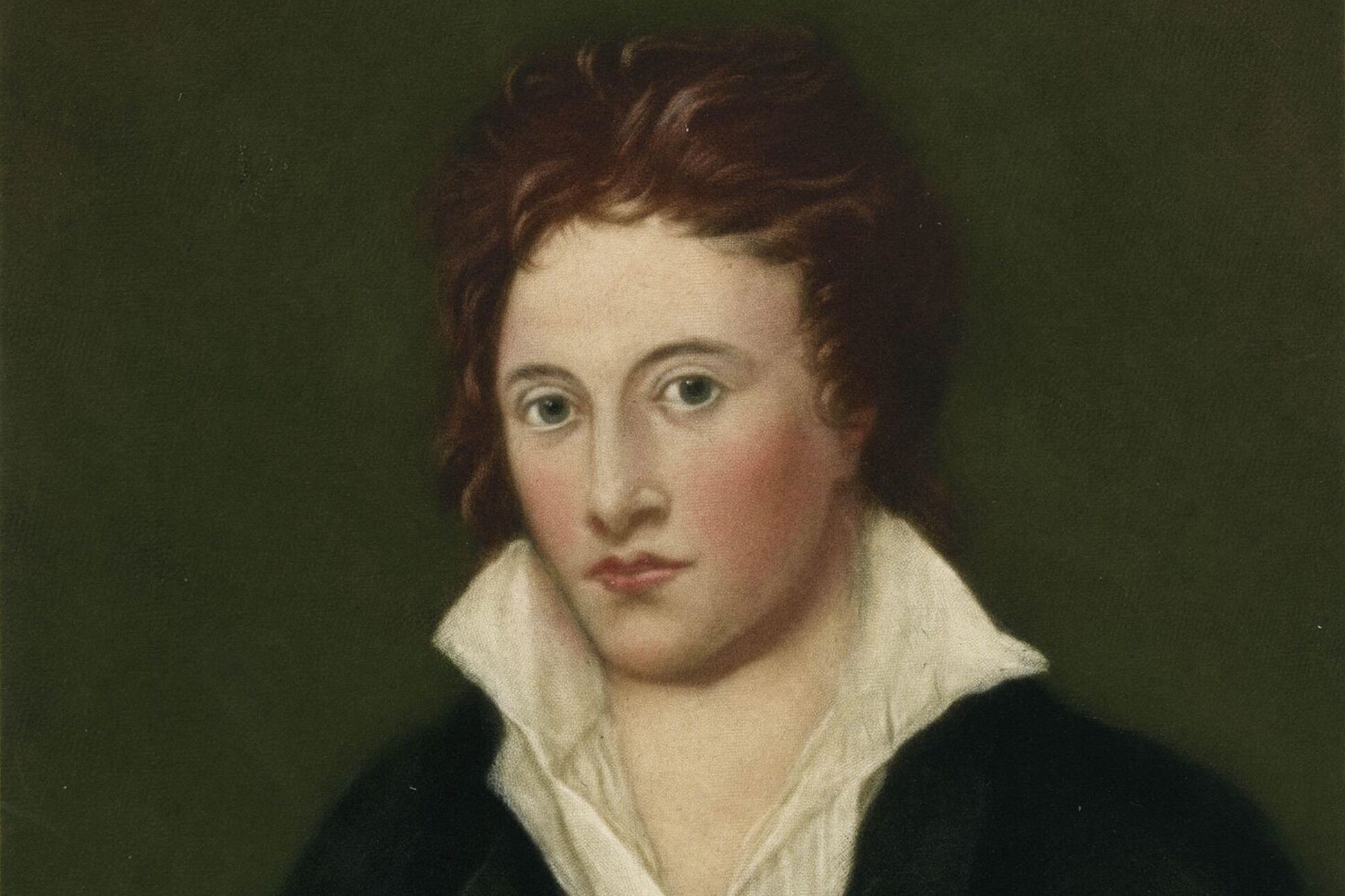From "Adonais," 49-52 Poem by Percy Bysshe Shelley
From "Adonais," 49-52
49
Go thou to Rome,--at once the Paradise,
The grave, the city, and the wilderness;
And where its wrecks like shattered mountains rise,
And flowering weeds, and fragrant copses dress
The bones of Desolation's nakedness
Pass, till the spirit of the spot shall lead
Thy footsteps to a slope of green access
Where, like an infant's smile, over the dead
A light of laughing flowers along the grass is spread;
50
And gray walls moulder round, on which dull Time
Feeds, like slow fire upon a hoary brand;
And one keen pyramid with wedge sublime,
Pavilioning the dust of him who planned
This refuge for his memory, doth stand
Like flame transformed to marble; and beneath,
A field is spread, on which a newer band
Have pitched in Heaven's smile their camp of death,
Welcoming him we lose with scarce extinguished breath.
51
Here pause: these graves are all too young as yet
To have outgrown the sorrow which consigned
Its charge to each; and if the seal is set,
Here, on one fountain of a mourning mind,
Break it not thou! too surely shalt thou find
Thine own well full, if thou returnest home,
Of tears and gall. From the world's bitter wind
Seek shelter in the shadow of the tomb.
What Adonais is, why fear we to become?
52
The One remains, the many change and pass;
Heaven's light forever shines, Earth's shadows fly;
Life, like a dome of many-coloured glass,
Stains the white radiance of Eternity,
Until Death tramples it to fragments.--Die,
If thou wouldst be with that which thou dost seek!
Follow where all is fled!--Rome's azure sky,
Flowers, ruins, statues, music, words, are weak
The glory they transfuse with fitting truth to speak.
This poem has not been translated into any other language yet.
I would like to translate this poem
The poem emphatically celebrates the reality of immortality, that the flesh, corruptible and vulnerable, is itself an illusion, that the speaker—not Adonais/Keats—is in a far more emotionally compromised position.